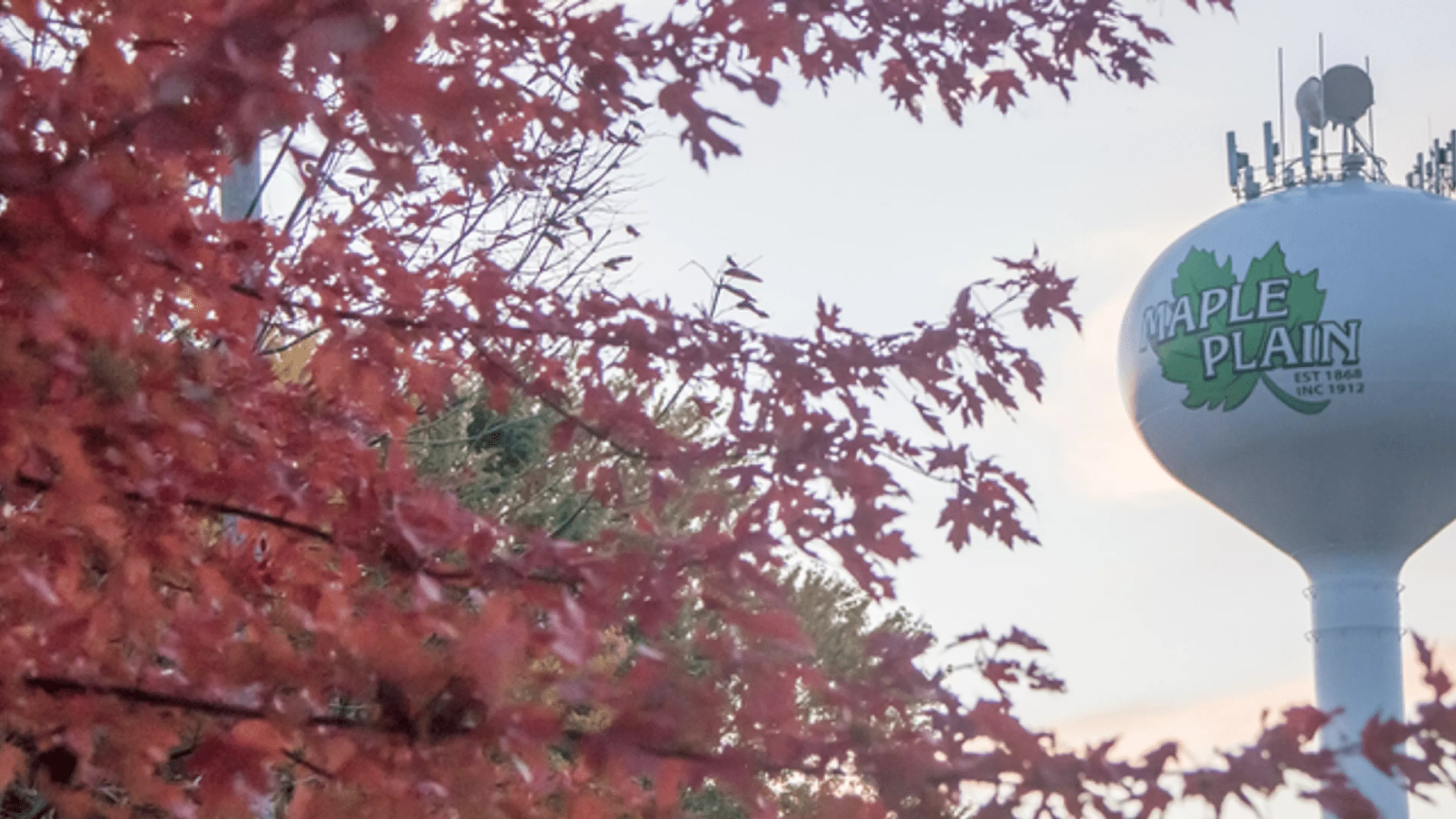
SolarAPP+

Solar Permitting Process through SolarAPP+
Returning users- go straight to the SolarAPP+ website for solar permit plan reviews.
Contractors & first time users - see handout.
What is SolarAPP+?
SolarAPP+ is a web-based platform for automated plan review of the installation of residential rooftop solar PV and storage systems. SolarAPP+ (short for Solar Automated Permit Processing), automates the residential solar plan review process for issuing permits to licensed contractors to install code-compliant residential photovoltaic (PV) systems.
Eligibility to use SolarAPP+
- Residential structures only
- Licensed contractors only
- No ballasted systems; sloped rooftop installations of 3:12 pitch or greater only
- Please review the SolarAPP+ Eligible Systems for acceptable projects
NOTE: Any rooftop solar installation that requires roof assembly alterations, supplementations, or additions require a separate building permit for the construction portion of the roof work, and must be designed by a MN licensed structural engineer without exception
How it Works
- Apply for the Automated Plan Review using SolarAPP+. Submit for automated review through SolarAPP+.
- Submit through SolarAPP+: Contractors first complete the automated compliance review on the SolarAPP+ website.
- Go to the SolarAPP+ website
- Click Sign in or Register to get started (Contractor license information is required to complete this step)
- Submit the processing fee from SolarAPP+.
- Upon completion of the review, download the SolarAPP+ approval documents
- Obtain a Solar Permit through the City of Maple Plain
- Apply in Baseline: After receiving approval from SolarAPP+, contractors then log into Baseline and select the project type “SolarAPP+” to submit their permit application.
- Submit the City of Maple Plain permit fees
- Obtain an Electrical Permit through the State of Minnesota.
- State-licensed electrical contractors must apply for a separate Electrical Permit. Permit applications and instructions can be found at the Department of Labor and Industry. through our online permit application portal. The SolarAPP+ review process will have already verified electrical code compliance(s)
- Scheduling Final Solar Inspection(s)
- For Solar Building permit Final inspections, call Metro West Inspection Services, Inc. at 763-479-1720 or email James Johans at jj [at] mwimn.com (jj[at]mwimn[dot]com)
- For Electrical permit Final inspections call David Hucky, the State Electrical Inspector for Maple Plain, at 952-442-2761.
SolarAPP+ Tutorials and FAQs
Details about SolarAPP+ are available in a YouTube instructional video
- What is SolarAPP+?
- What projects qualify to be submitted in SolarAPP+?
- How do I register with SolarAPP+?
- How do I submit a project through SolarAPP+?
- What types of systems are eligible and not eligible for SolarAPP+ review?
- Is there a limit on the system size SolarAPP+ can review?
- Contractors Guide: Release notes
The Benefits of Going Solar
Solar energy uses a renewable energy source – the sun – and provides many benefits for individuals and the community. It improves environmental quality by reducing carbon emissions and air pollution, supports local solar companies in Minnesota, creates local jobs, saves money on energy costs, and improves electric grid resilience during peak demand and other stresses to the system.
Solar Maps and Potential
Investigate your property’s solar potential with these helpful websites: U of M; or Project Sunroof. You can also estimate the performance of potential PV projects using the National Renewable Energy Laboratory’s PVWatts Calculator.
Finding a Contractor and Going Solar
Find a solar contractor to assess your home for solar energy and provide a quote. It is highly recommended that you get quotes from at least two installers.
- MN Attorney General’s statement and considerations for Residential Solar System.
- Certified practitioners can be found through NABCEP.
- Visit EnergySage to learn about solar energy and submit for solar quotes from a network of pre-screened, local solar installers.
- Consumer Solar Checklist – a checklist for residential consumers considering solar energy from IREC, the Interstate Renewable Energy Council.
- Clean Energy Consumer Bill of Rights – ensure a positive consumer experience by addressing important issues from IREC, the Interstate Renewable Energy Council.
- Various resources from SEIA, the Solar Energy Industries Association.
- Solar Owner’s Manual – information for current solar homeowners to ensure they are getting the most out of their system from Solar United Neighbors.
Financing, Incentives, and Tax Exemptions
Typically, solar installations are paid for through loans, upfront payments, or a power purchase agreement (PPA).
- A Homeowner’s Guide to Solar Financing is a resource from the Clean Energy States Alliance that provides an overview of the different financing options.
Federal Incentives
- A great place for residents to start identifying the federal incentives for which they are eligible is this calculator from Rewiring America. The rebates and incentives available through the federal Inflation Reduction Act can vary depending on your location and income.
- Additional details about benefits in the Inflation Reduction Act can be found on the EPA’s website or the Department of Energy website.
- The Federal Investment Tax Credit for residential solar continues to be one of the most significant ways to reduce the cost of your solar PV system. Learn more about the federal tax credit, eligibility, and other common questions & answers in the Homeowner’s Guide to the Federal Tax Credit for Solar Photovoltaics from the U.S. Department of Energy.
- Businesses should refer to the Federal Solar Tax Credits for Businesses.
- The World Resources Institute has created an IRA Bonus Mapper tool to help identify communities that are eligible for the low-income and energy community bonus credits.
- Tax-exempt organizations, including non-profit organizations, schools, and government entities, can now take advantage of the federal tax credit through “elective pay” (sometimes referred to as “direct pay.”) An overview of elective pay and Frequently Asked Questions are available from the IRS.
State and local incentives
- EnergySage – MN Solar Incentives.
- Center for Energy and Environment – Residential Solar Financing for MN Homeowners.
- Database of State Incentives for Renewables and Efficiency (DSIRE) – provides state-specific information on incentives and policies that support renewable energy and energy efficiency in the United States.
- State incentives can be found in this database maintained by the North Carolina Clean Energy Technology Center.
Consumer Protections, Solar Rights, and Procedures
In Minnesota, homeowners have the right to install solar panels on their detached, single-family homes, and homeowner associations (HOAs) cannot prohibit this, but they can regulate installation and appearance. Additionally, companies installing solar panels must be licensed as residential building contractors, and all electrical work must be done by a licensed electrical contractor. Read MN State Statute 500.215.
Find other useful resources on solar rights, consumer protection, and procedures.
- Consumer Solar Checklist– a checklist for residential consumers considering solar energy from IREC, the Interstate Renewable Energy Council.
- Solar United Neighbors’ Solar Owner’s Manual - serves as a support for solar homeowners, whether you’ve just gone solar or you’ve had solar for years.
- Clean Energy Consumer Bill of Rights – ensure a positive consumer experience by addressing important issues from IREC, the Interstate Renewable Energy Council.
- Database of State Incentives for Renewables and Efficiency (DSIRE) – provides state-specific information on incentives and policies that support renewable energy and energy efficiency in the United States.
- A Beautiful Day in the Neighborhood: Encouraging Solar Development through Community Association Policies and Processes – includes details on how communities can encourage solar development through community association policies and processes.
More Helpful Solar Information
- MN Metropolitan Council Solar Community Resources.
- Xcel Energy: Renewable Energy
Solar Energy Industries Association (MnSEIA). - Center for Energy and Environment (CEE).
- Clean Energy Resource Teams (CERTs)
- ENERGY.GOV
- Pickmysolar.com
